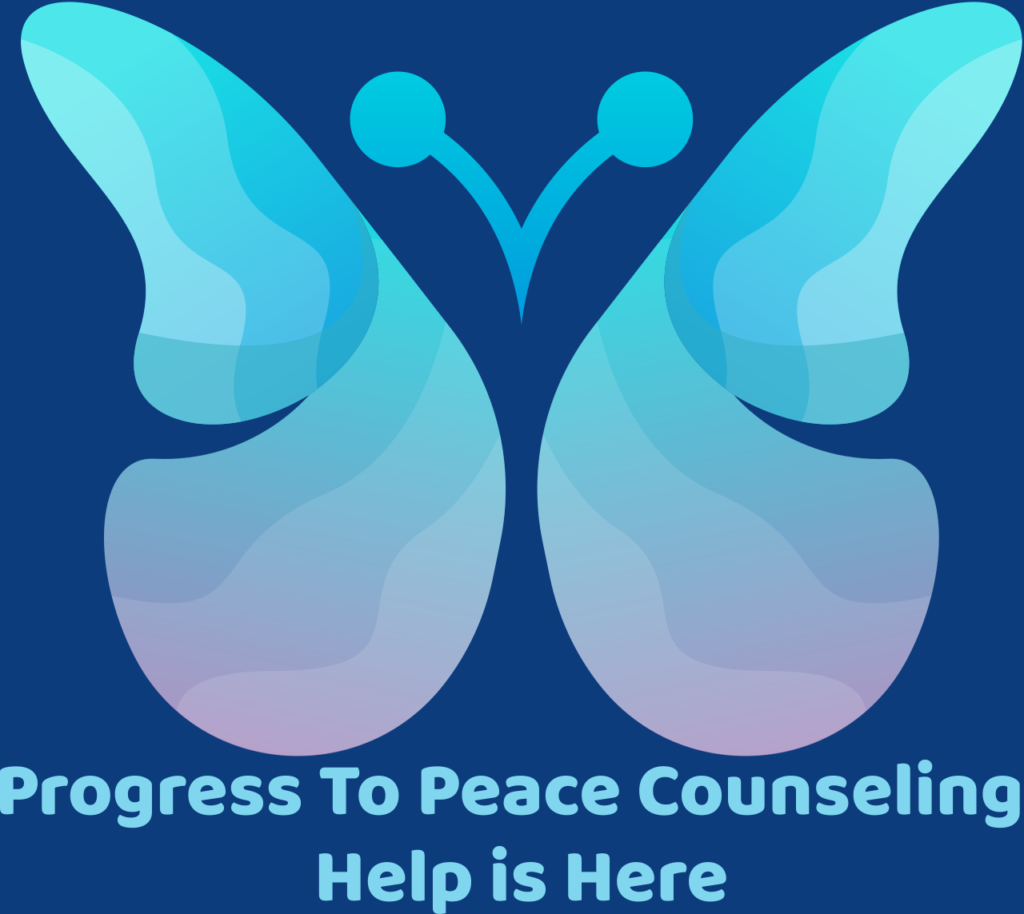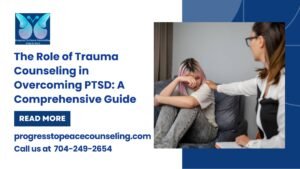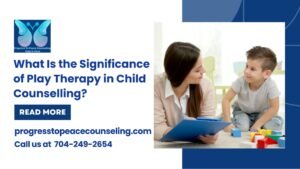Family dynamics are complex and always evolving. Families can come across alarming problems as a result of life transitions, unresolved conflicts, or external influences. In such situations, family counseling can be a beneficial tool for restoring harmony, encouraging understanding, and strengthening connections. But how do you know when to seek professional family counseling in Charlotte NC?
Let’s go through the important signals that your family can benefit from counseling and explain how this procedure might help.
Signs Your Family Needs Professional Counseling
Families can suffer because of life’s obstacles, but not all circumstances call for counseling. The following are important signs that your family can need expert advice:
1. Persistent Communication Issues
Communication is the foundation of healthy relationships. If your family struggles with expressing thoughts or emotions, constantly misinterprets intentions, or engages in frequent misunderstandings, these issues can escalate over time. Poor communication can lead to resentment, isolation, and conflict, making it difficult to resolve even minor disagreements.
Family counseling helps improve communication patterns by teaching members how to actively listen, empathize, and express themselves constructively.
2. Ongoing Conflicts and Resentments
Every family has disagreements, but unresolved conflicts that persist for months or years can create emotional rifts. Whether it’s between siblings, parents and children, or extended family members, unresolved resentment can harm relationships and disrupt the family’s overall well-being.
A family therapist can guide members toward identifying the root causes of conflicts and provide strategies to address them respectfully and effectively.
3. Significant Life Transitions
Major life changes, such as divorce, remarriage, relocation, or the death of a loved one, can shake the stability of a family. These transitions often trigger stress, anxiety, or feelings of loss, especially for children who may struggle to adapt to the changes.
Counseling offers a safe space for families to navigate these transitions together, ensuring everyone feels heard and supported.
4. Behavioral Issues in Children or Teens
Children and adolescents often express emotional distress through behavioral changes. Warning signs may include:
- Sudden academic decline
- Aggression or defiance
- Withdrawal from family or friends
- Excessive anxiety or depression
These behaviors could indicate underlying issues such as bullying, peer pressure, or struggles with self-identity. Family counseling can help uncover the root causes and equip parents with tools to support their children effectively.
5. Struggles with Parenting
Parenting is challenging, especially when faced with differing parenting styles, disciplinary disagreements, or difficulties connecting with children. These struggles can strain both the parent-child relationship and the partnership between parents.
Family therapy offers guidance on establishing consistent parenting approaches, understanding children’s developmental needs, and fostering a nurturing environment.
6. Blended Family Challenges
Blending two families through remarriage can be rewarding but also complicated. Conflicts may arise from differing family traditions, sibling rivalries, or feelings of displacement. These challenges can lead to tension and division within the household.
Family counseling can help members of blended families navigate these complexities, build trust, and create a sense of unity.

7. Mental Health or Substance Abuse Issues
When a family member struggles with mental health conditions or substance abuse, it affects everyone. The stress of caregiving, feelings of helplessness, or stigma can create a cycle of tension and frustration within the family.
A therapist can provide support by helping families understand the condition, establish healthy boundaries, and work together toward recovery.
8. Emotional Disconnect or Estrangement
If family members feel emotionally distant or disconnected, it can signal deeper issues. Over time, these feelings may lead to estrangement, where communication and relationships are completely severed. Counseling encourages open dialogue, helping members reconnect emotionally and rebuild trust.
9. Financial Stress and Its Impact
Money-related conflicts are one of the leading causes of family stress. Disagreements over budgeting, debt, or financial priorities can lead to arguments and emotional strain.
A family therapist can facilitate discussions about financial challenges, helping families develop collaborative solutions while addressing the underlying emotions tied to money.
The Benefits of Family Counseling
Seeking family counseling is a proactive step toward healing and growth. Here’s how it can benefit your family:
1. Improved Communication
Counseling helps families learn effective communication skills, ensuring that everyone feels heard and understood. This reduces the likelihood of future conflicts and strengthens relationships.
2. Conflict Resolution Skills
Therapists provide tools to resolve disagreements constructively, fostering a more peaceful and respectful environment at home.
3. Enhanced Emotional Connection
By addressing unresolved issues and misunderstandings, family counseling restores emotional closeness and trust among members.
4. Support During Life Transitions
Whether dealing with loss, divorce, or relocation, therapy provides a safe space to process emotions and adapt to change together.
5. Guidance for Parenting Challenges
Parents gain insights into their children’s needs and behaviors, along with strategies to build stronger, healthier relationships.
6. Improved Mental Health
Therapy addresses underlying emotional and mental health issues, reducing stress, anxiety, and depression within the family.
7. Building a Stronger Foundation
Ultimately, family counseling strengthens the overall family dynamic, creating a supportive and loving environment where everyone can thrive.
How to Approach Family Counseling?
Taking the first step toward family counseling can be daunting. Here are some tips to get started:
- Acknowledge the Need: Recognize the issues and communicate with your family about the importance of seeking professional help.
- Find a Qualified Therapist: Look for licensed family therapists with experience in addressing your specific concerns.
- Set Goals: Determine what you hope to achieve through counseling, whether it’s resolving conflicts, improving communication, or coping with a specific issue.
- Commit to the Process: Therapy requires effort and openness from all participants. Be patient and willing to work toward change.
Conclusion
Family counseling is not a sign of failure—it’s a testament to your commitment to fostering a healthier and happier family life. Recognizing the signs that your family needs support and seeking professional guidance can transform relationships and bring lasting peace.
By addressing challenges with the help of a skilled therapist, families can go through even the most difficult situations and emerge stronger together. If you’re noticing signs of struggle within your family, consider family counseling with Peace to Progress Counseling as a step toward healing and growth. It’s never too late to rebuild connections and create a harmonious home environment.













